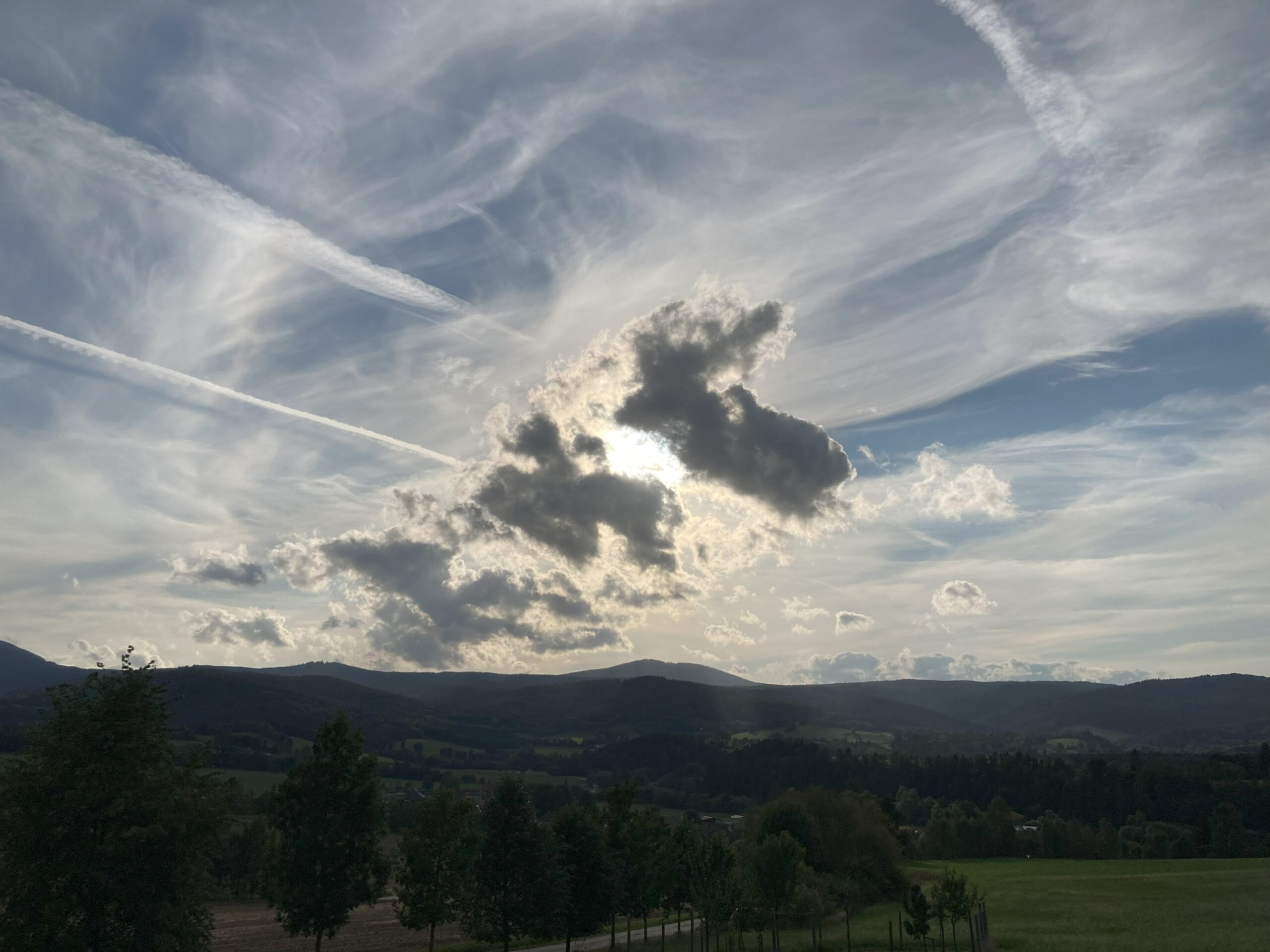Considering, how much time we spend online, it is of great interest to know whether it´s a time spent wisely or not. Also, for hermits like me, who crave alone-time and quiet solitude, connecting with people online could be a vital source of support. Then again: when one is sick and needs somebody to bring him a bowl of hot soup – that can hardly be done online.
I have grown up in a world without mobile phones and with limited access to landline. (Can you imagine that?!). No internet, no iPads, no streaming films. No TV for the first five years of my life. When I wanted to shop, see a film, talk with a friend, I had to go outside of my flat. Was it better than now? Not necessarily.
For an introvert, taking public transport, sharing a cinema hall with unknown strangers, or trying to listen to a friend in a crowded and noisy coffee shop – not to mention the horror of changing rooms mirrors! – was exhausting. I do not miss that.
These days, I very much prefer to watch films at home, talk to friend via WhatsApp and shop online. At the same time, I still consider it less worthy than off-line interaction. Why should that be so? Can online relationships be as real as off-line ones?
What are the parameters of an off-line interaction that cannot be mimicked by online one? Surely it´s bodily experience – we cannot touch, smell, taste online. And we wired to crave touch by evolution. Everything that concerns our bodies, cannot be done online – we cannot go for a walk or a hike, we cannot swim online, we cannot hug or make love, we cannot enjoy a nice meal.
In short, online world is not tangible and we humans very much are. At the same time, the things we need to turn our lives from mere survival into true living, are (in a great part) intangible: love, meaning, longing, spirit…Can these be perhaps transferred between each other online?
Evil social media?
For my second book, which I am finishing at the moment, me and my students explored some sociological/societal factors that can attribute to depression and anxiety. Social sciences were one of the topics. Contrary to public opinion, their evil nature has not been proven yet – the results of many studies seem to be contradictory. The main reason for this seems to be the different nature of social media that are out there (Twitter is very different from Facebook or Instagram or YouTube for example) and also the nature of the uses is very varied (in socio-economic status, background, age, gender etc.).
It seems that one of the main predictors of bad influence is passive usage of social media especially when combined with poor relationships both online and offline. It seems that when you are already feeling un-worthy, passive scrolling can easily feed this self-perception and even make it more likely to push you closer to a diagnosis of depression and/or anxiety.
On the other hand, active use of social media – for building friendships, caring for community and learning seems to be very beneficial. When you already feel good and worthy, you are likely to cultivate healthy behaviours both online and offline and make the best of both worlds.
The best of both worlds?
Even though online world cannot provide us with tangible contact necessary for our senses, it can still support us, encourage us, educate us and connect us. For introverted people, for highly sensitive people and for all those who do not somehow fit into their offline world, social media can be a welcome source of community and information. It seems, that social media are as any other tool: their worth depends on how we use it.
So maybe we can – thanks to the online word – expand our chances of meeting our soulmates, our tribe – and then meet offline as well as online. May be, we can thus create a truly world-wide-web of close-knit relationships and be better off it as a species.
I HAVE ALSO MADE A NEW VIDEO IN THE BELIEF THAT ONLINE RELATIONSHIPS DO MATTER. IT´S ANOUT BURN OUT, SEE IT BELLOW.
Here is a sample of studies that demonstrate what I am trying to tell:
Deters, F. G., & Mehl, M. R. (2013). Does posting facebook status updates increase or decrease loneliness? An online social networking experiment. Social Psychological and Personality Science, 4(5), 579–586.
Thorisdottir, I.E. et al. (2019) ‘Active and Passive Social Media Use and Symptoms of Anxiety and Depressed Mood Among Icelandic Adolescents’, Cyberpsychology, Behavior, and Social Networking, 22(8), pp. 535–542. doi:10.1089/cyber.2019.0079.
Shensa A, Sidani JE, Dew MA, Escobar-Viera, Cesar G, Primack, Brian A. (2018). American Journal of Heath Behaviour. 42(2), pp. 116-128(13)

